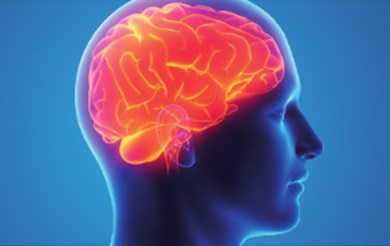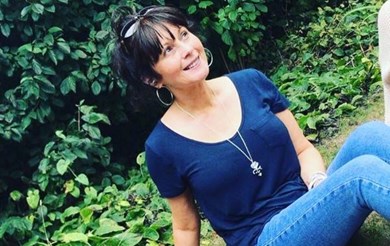“We know that fatigue is one of the most commonly experienced effects of brain injury, but the opposite can happen in many people too, so that it is difficult to get to sleep or stay asleep after brain injury,” says Publications and Research Manager, Tamsin Keyes.
“In fact, there’s a whole range of different impacts on sleep following brain injury, from insomnia and excessive daytime sleepiness, to disturbing dreams and sleep related breathing disorders.
“In our new factsheet, we cover some of these issues and offer information on how to address them, including seeking professional support from a range of services.
“Sleep is such a vital thing for us to function properly, and we hope that the information in this factsheet helps to inform and guide those brain injury survivors who struggle with this.
“My thanks go to Clinical Neuropsychologists Dr Kimberley Fletcher and Dr Amanda Mobley for their help in producing this factsheet.”
You can download the factsheet in the related resources section below, or from our information library.
If you would like to give feedback on the factsheet, please complete our short survey or contact Publications and Research Manager Tamsin Keyes on publications@headway.org.uk.
Back











